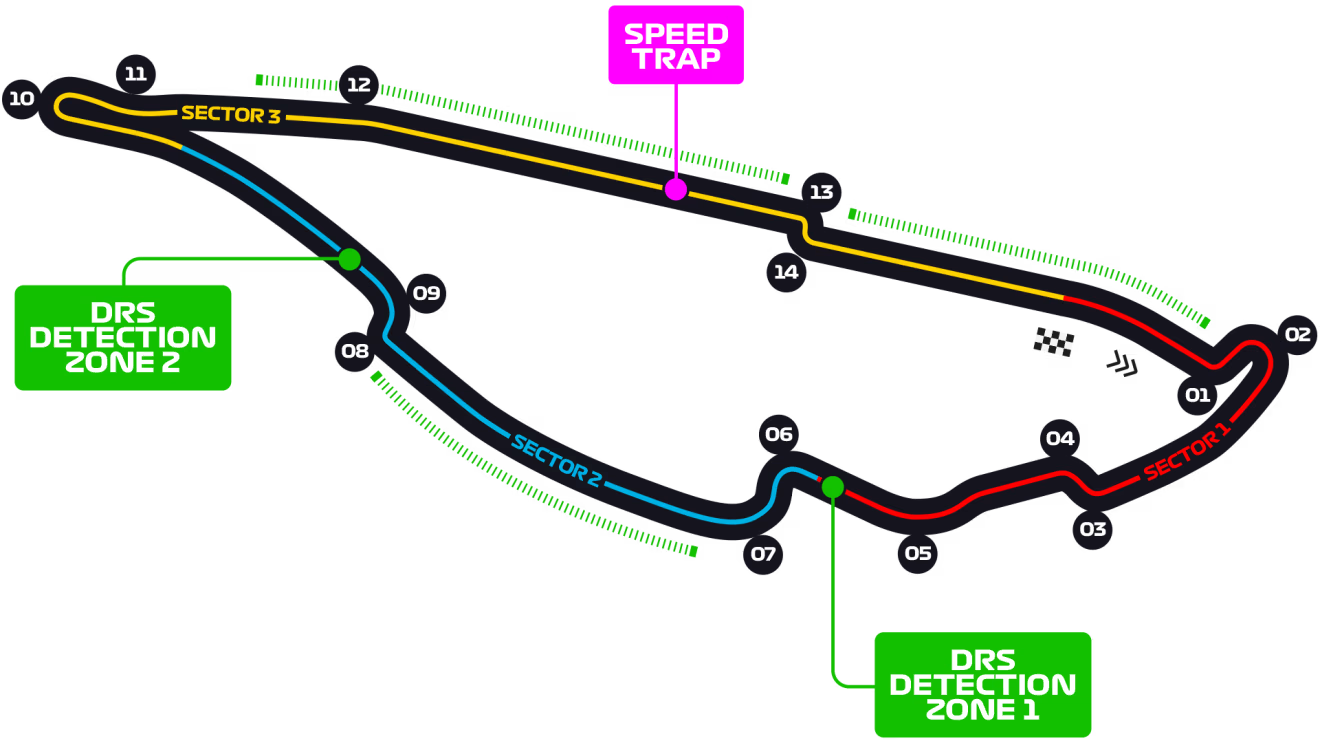George Russell warns Formula 1’s current boom may be short-lived, urging vigilance as governance clashes threaten the sport’s future stability.
George Russell did not expect, when becoming director of the GPDA, the Formula 1 drivers’ association, that he would have to confront the FIA in clashes between the two governing bodies of the sport’s top category. The president of the federation, Mohammed Ben Sulayem, imposed rules on the drivers which they refused, notably thanks to the association.
“I’ll be honest: Alex Wurz and Anastasia Fowle, our legal advisor, handle most of the heavy lifting,” Russell told Motorsport-total. “But of course, over the last 18 months, we’ve been much more involved than we initially anticipated, because things became very confrontational.”
“The developments have been quite surprising, even for me personally. I was much more involved, but you have to find a balance. When I joined the GPDA, I didn’t really intend to get politically involved with the FIA, because that wasn’t a factor at all at the time. It was more about cooperation.”
The Briton is aware of his role and wants to continue fulfilling it to ensure the longevity of Formula 1: “No, I wouldn’t do it. Because right now, we’re riding a wave as a sport, but if you fall off the wave, things can deteriorate very quickly.”
“We therefore all have to remain very vigilant and not take Formula 1’s current position for granted. The teams are doing a great job. Liberty and Stefano [Domenicali] are doing a fantastic job with marketing and promotion, as they did recently with Lego, for example.”
But despite how flourishing the business side of F1 has become, Russell warns that a backlash could come quickly, and the situation could rapidly worsen: “But it’s like a Jenga tower: if a single piece falls, the entire structure can collapse.”
“That’s why we must not let up now, while we’re in a strong position, because, as I said, things can change very quickly. The rise can vanish just as suddenly as it appeared. That’s why this phase may be more crucial than ever.”

